So, you have finally bought a dehumidifier or are considering buying one, and you are wondering ‘can a dehumidifier be left on overnight?’. You have come to the right place, we will take a look at what you need to look for in a dehumidifier before leaving it on overnight. We will also answer some of the similar questions you might have before leaving your dehumidifier on overnight. So, can you?
The quick answer is, YES you can, without a doubt. But, before you do, there are several things you may wish to consider. Not all dehumidifiers are created equal and some are better suited to overnight use than others. It also depends on where you intend to run the dehumidifier overnight. For example, to do this in a bedroom you will have to consider additional factors such as noise. Let’s take a look at the key considerations.

EcoAir DD1
Ultra Quiet Dehumidifier (34dBA) and Energy Efficient. Perfect for overnight work.
Why leave a dehumidifier on overnight?
The most obvious reason is humidity control, perhaps you have a room with a damp or mold issue? Excess humidity can result in significant damage to both your health and property. We have covered the health risks of excess moisture extensively here. Briefly, they include congestion, mold spores, and not being able to sweat properly due to high-humidity.
Regarding property damage, excess moisture can result in damp and mould. These are terrible for your property and can result in significant damage to the structure and contents of a room. For example, if damp makes it into your wardrobe, you can say goodbye to your clothes! Bearing these in mind, if there is excess moisture, you will certainly want to run a dehumidifier overnight to get rid of it.

Pro Breeze
- 10L/Day Dehumidifier
- Sleep Mode, Continuous Drainage, Laundry Drying and 24 Hour Timer
Most Important Features for Overnight Use
If you haven’t yet bought a dehumidifier, here are the features you need to look for before buying. These will help you get the most out of your appliance and hopefully save you time and money!
Energy-efficiency
In our opinion, this is the feature you should value the most when looking to run a dehumidifier overnight. Most people don’t think about this, but you wouldn’t believe how much money you could save. We have covered this topic in detail and identified the most energy-efficient dehumidifiers here.
Make sure you look at the wattage of the dehumidifier you are looking at. We have made a table below so you can compare how much energy different models use over 8 hours and how much this would cost in a year at 8 hours per night. The potential savings are huge!
| Model | Wattage | £/day (8hrs) | £/year |
|---|---|---|---|
| Meaco ABC 12L | 160 | 23.7p | £86.5 |
| Inventor Fresh 12L | 200 | 29.7p | £108.4 |
| Pro Breeze 12L | 220 | 32.6p | £119 |
*Calculated using the UK Average rate of 18.54p/kWh (December 2019 tariff) (source: https://www.sust-it.net/energy-calculator.php)

Meaco ABC Dehumidifer
- Low energy costs of 5p per hour based on 34p/kWh cost per hour.
Noise
Noise is a situational consider and may or may not matter to you. Are you going to run it overnight in a basement? You probably won’t care about noise then. Running it in a bedroom or living area? Noise might be your biggest concern. If noise is a concern for you, we recommend you take a quick look at our article on quiet dehumidifiers here. Pay special attention to the dB level touted by the manufacturer. Anything over about 35dB may interfere with sleep for some people. Louder than about 40 dB and most will struggle to sleep.

Functions
Here are some other functions which you will want to consider when looking at running a dehumidifier over night.
Water tank size
Most dehumidifiers are unlikely to fill their water tank in one night. Despite this, you should take note that smaller tanks will require emptying more often. Therefore, in locations such as basements where you may forget about the appliance, larger tanks are better.
Humidistat
A humidistat allows the dehumidifier to detect the humidity level of the surrounding air. They also allow you to select a target humidity level before the appliance switches itself off. This can be extremely useful for saving energy and ensuring the appliance switches off when its job is over. Please note for severe damp problems we recommend running the appliance 24/7 regardless of humidity level
Auto shut-off
A very useful feature that most dehumidifiers come with nowadays. It just means the dehumidifier will automatically switch off when full
Continuous drainage hose
This lets you plumb the dehumidifier into the mains and avoid emptying the water tank. This probably won’t apply in bedrooms and living areas or to smaller appliances. It can be useful in rooms such as basements, however.
Timer
Finally, a timer is useful and differs from a humidistat. A timer allows you to program the dehumidifier to be switched on for or during certain time periods. Another useful feature if you want the dehumidifier to run for say half a night. This would prevent you from having to get up to turn it off.

Meaco ABC Dehumidifer – GREAT FUNCTIONALITY
- 2.6L tank
- Quiet Mark for low noise (just 35dB)
- Laundry drying option
- 24 hr timer
- Auto-defrost
- Child lock and auto-off
- Continuous drainage possibility
FAQs
Are dehumidifiers a fire hazard?
In short, modern dehumidifiers are not a fire hazard. However, despite this, old outlets and old machines can be. Overloaded sockets are another cause of electrical fire hazards so never overload an extension cord with a dehumidifier. Please refer to the London Fire Brigades white goods guidance if this is something you are worried about. If your dehumidifier has a filter, ensure it doesn’t get clogged and don’t get your appliance wet.
Can a dehumidifier dehydrate you?
This is extremely unlikely. For this to occur you would have to be kept in a small sealed room with a large capacity dehumidifier for a prolonged period. In the real world, however, this will never be the case. In addition to this, features such as humidistats and timers are there to help your device keep indoor humidity at optimal levels.
How much water should a dehumidifier collect in a day?
This depends on how powerful your dehumidifier is. Larger capacity units absorb more water. It is also worth noting that dehumidifier capacity is measured at 80% relative humidity and 30 degrees Celsius. These conditions would never exist in a real home and so real terms extraction rate is often much less than the stated capacity.
Is it safe to have a dehumidifier in the bedroom with a baby?
Yes, it is safe, provided you have the right dehumidifier. It can actually be a benefit to the baby, particularly if the baby’s room is damp or worse. There are a few important things to consider though when a baby is involved. You MUST choose a dehumidifier with a humidistat, a baby’s skin is very sensitive and will be much more prone to drying out. A dehumidifier without a humidistat runs the risk of giving your baby dry skin. Secondly, you should choose a quiet dehumidifier, this will make it easier for the baby to sleep while excess moisture is removed.
Best time of day to use a dehumidifier?
There is no best time of day to run a dehumidifier. If noise is a concern, then the best time would be when you are away from the house or asleep. We recommend those who have a problem with excess moisture run a dehumidifier 24/7 until the problem is fixed. Following this, it should be run daily but less often to prevent a recurrence.
Dehumidifiers for bedroom?
We cover the best dehumidifier for bedrooms in this article. Bedroom dehumidifiers should be treated slightly differently as they need to be quieter and generally smaller.
Can you leave the dehumidifier on during vacation?
Yes, there is no reason you couldn’t do this. You will, however, require a dehumidifier with a continuous drain hose. Otherwise, your water tank will fill up within a few days and the dehumidifier will stop running. In addition, you should use a dehumidifier with either a humidistat or a timer. This will let the dehumidifier function automatically in your absence.
How Long Should a Dehumidifier Run per Day (UK)
The amount of time a dehumidifier should run per day in the UK depends on factors like humidity levels, room size, and the dehumidifier’s capacity. Here’s a general guideline:
1. Ideal Usage
- Normal Conditions: Run your dehumidifier for 8–12 hours a day to maintain optimal humidity levels (40–60% relative humidity).
- High Humidity (e.g., drying laundry indoors, after a leak): Run it for 12–16 hours or until the desired humidity level is reached.
2. Factors Affecting Run Time
- Target Humidity: Most dehumidifiers automatically shut off when they reach the set humidity level. This helps prevent overuse.
- Room Size and Ventilation: In large, poorly ventilated rooms, it might need to run longer.
- Season: During colder months in the UK, homes can trap more moisture, so running it longer may be necessary.
3. Energy Efficiency
To save energy:
- Use a model with a humidistat to control when it runs.
- Avoid running it 24/7 unless you’re dealing with an ongoing moisture problem.
Tip
Monitor the humidity using a hygrometer. If the room stays within 40–60% RH, you can reduce run time.
How Often Should you Use a Dehumidifier
How often you should use a dehumidifier depends on the humidity levels in your home and specific needs. Here’s a guide:
1. Regular Use
- Moderate Humidity (50-60%): Use the dehumidifier 8–12 hours a day or until the desired humidity level (40–50%) is achieved.
- High Humidity (above 60%): Use the dehumidifier daily for 12–16 hours, especially during humid seasons or in damp areas like basements.
2. Situational Use
- Drying Laundry Indoors: Run the dehumidifier while the laundry is drying (typically 4–6 hours).
- After Flooding or Spills: Run continuously until the area feels dry (may take 24–48 hours or more).
- Seasonal Use: In the UK, homes tend to trap moisture in the winter. Use the dehumidifier more frequently during colder months.
3. Maintenance Mode
- Once the desired humidity level (40–50% RH) is reached, you can reduce usage to:
- 2–4 hours a day, or
- Only as needed when humidity rises (e.g., after cooking, showering, or wet weather).
Tips for Efficient Use
- Use a Humidistat: Many dehumidifiers have an automatic shut-off feature to prevent overuse.
- Monitor with a Hygrometer: Keep the room’s relative humidity between 40–60% for comfort and to prevent mold growth.
- Room-Specific Use: Focus on areas prone to dampness (bathrooms, basements, or bedrooms with condensation issues).
By tailoring use to your home’s conditions, you’ll optimize the dehumidifier’s efficiency and energy usage.
Final Thought
We hope we have answered your question of whether you should leave a dehumidifier on overnight. It is important to remember the key dehumidifier features we identified that are important when doing this. Make sure you choose an energy-efficient dehumidifier and a quiet one if you intend to use it in a bedroom or living area. Running a dehumidifier overnight will take you a step closer to getting rid of condensation and dampness and making your home comfortable and dry.
Last update on 2025-02-28 / Affiliate links / Images from Amazon Product Advertising API

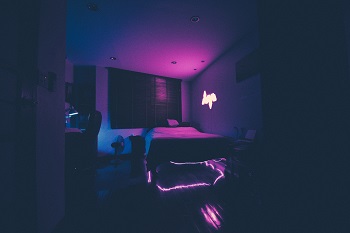
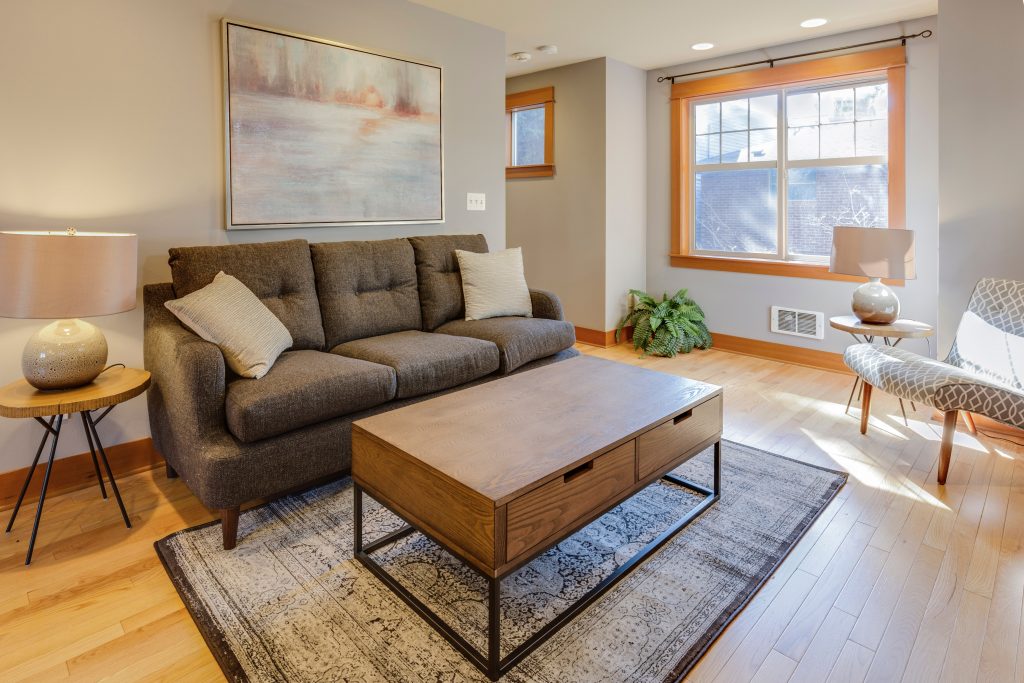


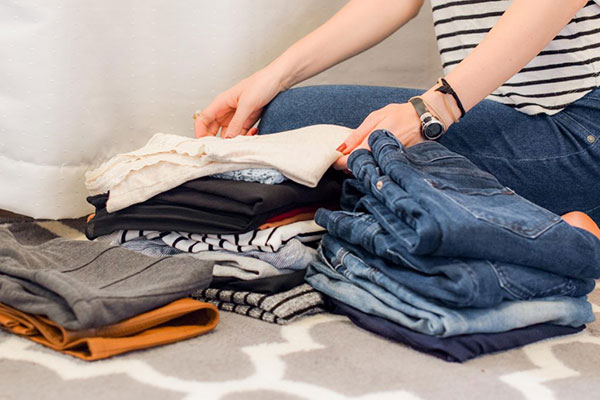
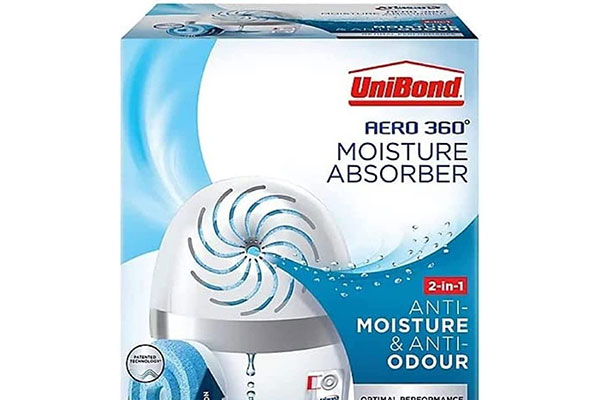
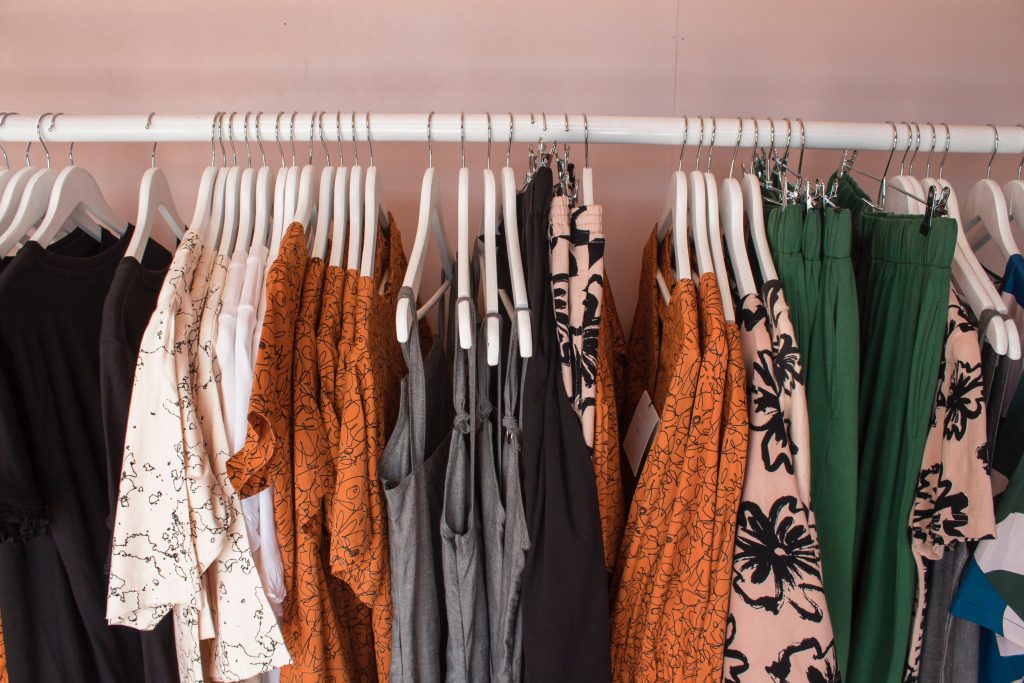
I have a dehumidifier in the house to help the symptoms of my daughter’s asthma. It is a relatively modern model, and has a humidistat on it so I set it at 30% RH overnight. She doesn’t have any symptoms, but I’m wondering if it would be ok – or even beneficial – to leave this running all the time?